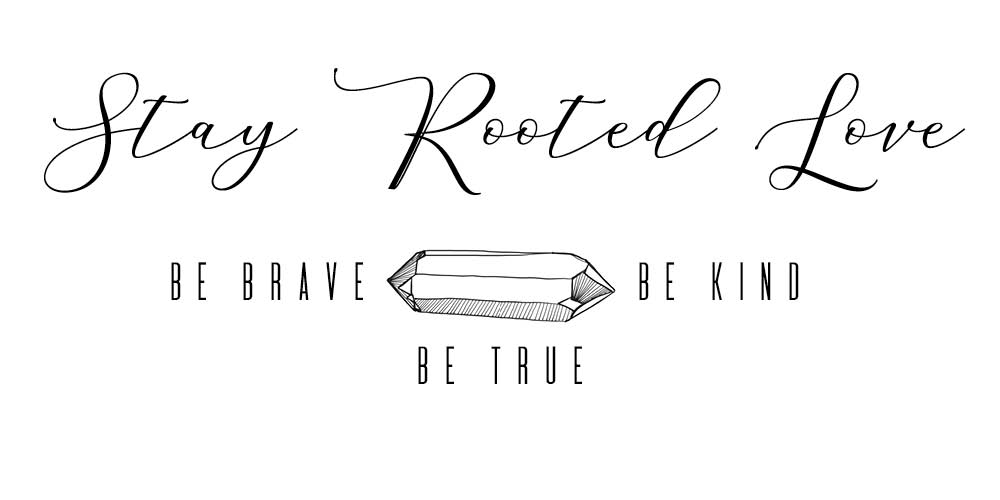For a very long time now I've been attuned to the custom of calling grown women "girls." Every time I hear a woman referred to as a girl I have this guttural reaction. This awareness has come up through my journey with feminism this past decade. The thing that bothers me so much about is is that I think about the fact that we, as a society, do not call men "boys." It would feel awkward and wrong to call a third year old man a boy - even a 20 year old man. You'd likely call the 20 year old a "guy," but still not a "boy." But a woman well into her 50's still gets called a girl.
Calling a woman a girl has a very condescending tone to me. It feels like she's being talked down to, like she needs to be taught or lead or guided in something because she's just a child and doesn't know anything. There are enough struggles in growing up for girls, young women, 20 year old women, women in their 30's/40's/50's and on and on, that we don't need to be called another thing that we are not.
A girl is a powerful force. But girlhood ends around adolescence. To me, she starts to transition into being a young woman, or a lady (but to be honest, as I'm writing this, even "lady" feels too old school with negative connotations about being prim and proper and learning manners instead of science and math).
There have been a lot of articles in the news lately about sexual harassment claims from women in movies and television and throughout other show business mediums. We recently saw a surge of openness on Instagram from women all over the world who have been sexually harassed or abused through #metoo. For the past couple years we've witnessed women's reactions to interviewers at red carpets or other events asking sexist questions solely about their physical appearance or how they manage to "do it all." There is a push back to the status quo and the way our society has seen and treated females for so long.
I've been watching a lot of interviews with Mila Kunis, Kristen Bell, and Katherine Hahn as they promote their new movie. I had some vague idea of what it must be like for actors to do a press tour and talk about their most recent project, but I've learned that it's a long and exhausting road of repetition and small talk and answering a slew of questions, sometimes inappropriate and sexist or condescending. The most recent interview I watched, which really sparked this post, is of the three women interviewed by a Youtube channel called Lorraine, which looks to be a platform for a UK television company, ITV. The interviewer is a man, somewhere in his 50's. He understandably asks some mom-related questions as they're promoting their movie called Bad Moms. And then there are the more improvised, in the moment questions that strike me, and seemingly Mila, Kristen, and Katherine, as odd and sexist.
After Mila shares a story about her mother having a great relationship with her husband, Ashton Kutcher, and the fact that the two of them are a funny pair as her mother is five feet tall and Ashton is over six feet tall, the interviewer asks if Ashton ever picks her mother up. Mila's reaction is immediate and obvious - why would her husband pick up her mother? "No, because he respects her as a human being..." I feel like there is even an energetic and tonal shift in the interview after that question. Kristen and Katherine obviously feel a similar way to Mila. And then, perhaps just through editing the interview down, the very next question the interviewer segues into asking is if they ever get competitive with each other on the press tour, like to share the best or funniest stories or to be the center of attention in the interview. He even makes a gesture of what's typically seen as cattiness and mean girl vibes.
Do you see why this post is so long now?
The three women go on to talk about how the relationship between them is supportive and uplifting. And actually, in this part of the interview, and a couple others I've watched of them together, they will refer to each other as "girls," and I can't help but cringe at that as well. But the way they turn the interview around to show love and support for each other is beautiful. The interviewer later brings up some of the sexual harassment claims currently in the new and asks the women if they've seen a shift in the industry already. Mila kind of fields the question and talks about things as big as sexism needing time to change. She encourages open dialogue and conversations surrounding equality. He says some other vaguely sexist remarks and then closes out the interview with, "it's great to see you girls."
Please, let's open the dialogue. Be brave. Speak your truth. Share your story. Listen with an open heart and open mind. Show compassion and grace - to both yourself and everyone else in this life.
xxo










